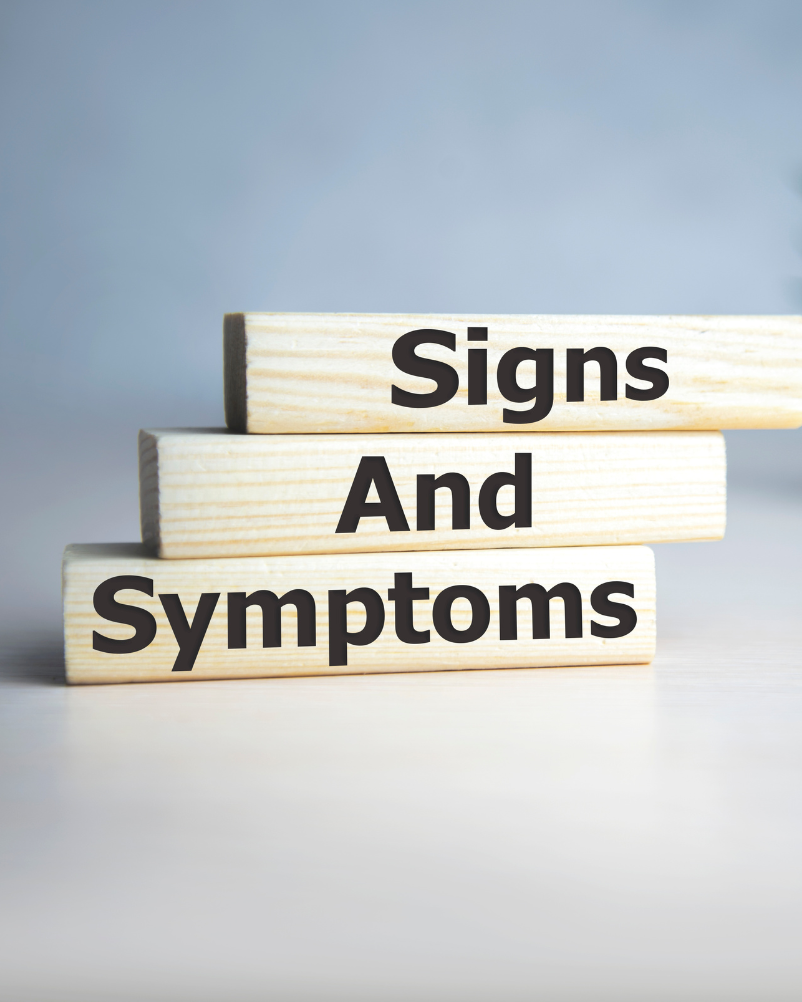
When someone you love dies, it’s natural to feel sad and overwhelmed. It can be hard to deal with the pain that comes with loss. I’ve been there myself: When my mom died, I didn’t know how to cope with my grief. But over time, I learned what helps me heal and move forward daily—and there are many other ways of coping.
Speak their name.
Share your loved one’s name. Say it when you are alone and when others are present. If you feel sad or angry, say their name. When do you feel happy? Say their name! The simple act of telling their name can significantly impact how much time is spent missing them, as well as how much energy is spent focusing on being grateful for the memories we still have of this person.
Learn from your loved one’s life.
While it may be challenging to think about, you can learn from the life of your loved one. What lessons can you learn from their life? What did they teach you? How did they impact your life? How did they inspire you? What did they teach you about life? What did they teach you about death?
Be patient with yourself.
The grieving process is different for everyone. It’s not linear, and it’s not a straight line.
The first few days after a loved one dies can feel like an eternity. But in the weeks that follow, time seems to race by at warp speed, and before you know it, it’s been eight months since your father passed away from cancer or six years since your husband died in a car accident or ten years since your mother passed away following her battle with Alzheimer’s disease.
At times like this, patience is vital: be patient with yourself and those around you dealing with their grief. There’s no right way to grieve—or wrong way either—but there are healthy ways of coping with loss that will help us get through each day without feeling overwhelmed by sadness or anger toward others’ behavior during this challenging time in our lives. I believe that knowing which coping methods work best for us personally helps us stay centered when everyone else around doesn’t seem able.
Find meaning behind the loss.
Losing a loved one can be both confusing and painful. It’s natural to want answers, but sometimes it’s better to focus on finding the meaning behind their loss. If someone you love has passed away, try to find ways that you can use their legacy or memory in daily life. Think about what kind of person they were and how you can make that person proud of who you have become since their passing.
If this doesn’t work for you, there are many other ways to cope with grief:
- Find new hobbies or activities that will give your life more meaning and purpose – keeping yourself busy is always a good idea when recovering from loss!
- Take time off from work if possible; not only will this give your mind some much-needed rest, but it could also help with stress levels which have likely been increasing since losing somebody close to us.
Remember to take care of yourself.
The death of a loved one is difficult, but it’s important to remember that you are not alone. You may be surrounded by friends and family who care about you and want to help, but sometimes the most helpful thing they can do is leave you alone for a while. Everyone grieves differently and at their own pace.
To keep yourself as healthy as possible during this challenging time:
- Talk to someone. You mustn’t try to go through this alone! Please talk with your close friends or family about how they’re feeling, or find someone else who could use some support. Talking things out can help ease the pain and make it easier for everyone involved in grieving together.
- Get a good night’s sleep every night (even if it means taking sleeping pills). It sounds like common sense, but getting enough sleep is essential when going through an emotionally draining situation such as losing someone close to us (or even being really sad). Be sure not to overdo it, though – having too much coffee/alcohol, etc., will only make matters worse! A good rule of thumb here would be: if something makes me feel better now, I should probably stop doing it altogether because eventually, those short-term gains will become longer-term problems which will only make things harder down the road.”
Make a memory box or memory book.
Making a memory box or memory book can be a great way to help you cope with the loss of a loved one. Using your creativity, try making a special box or book where you can store all of the mementos that remind you of your loved one. You might want to visit garage sales, thrift stores, and antique shops in search of old items that belonged to your loved one. If any items were given as gifts or purchased by your loved one, consider adding them to the box/book!
Make sure not to forget about including photos in this project; even if they’re not recent photographs (you may have some old ones from childhood), they will trigger happy memories when looking at them again when creating this special keepsake. Also, don’t forget about cards and letters – these are also important things to include in your project since they remind you how much love was shared between family members over time; always remember how much someone cares about you!
For those who don’t know where or how to start their creation process – here is an example guide:
- Buy some decorative paper/materials such as card stock & glitter glue (optional). Other options would be fabric scraps left over from other projects like sewing pillows, etcetera.
Give back in your loved one’s name.
If you are feeling lost, it is important to do something that makes you feel good. You can give back in your loved one’s name by donating their organs or financial donations, volunteering your time with a charity, doing a fun activity with family and friends, creating something creative like painting or writing poetry or music. There are many ways to express how you feel after losing someone you love.
Create a tribute photo book or video, scrapbook or photo collage, song, poem, or journal entry – something to keep the memories alive and share them with family and friends.
Create a tribute photo book or video, scrapbook or photo collage, song, poem or journal entry – something to keep the memories alive and share them with family and friends. This can be an excellent way to help the grieving process.
Losing someone is hard, but there are ways to feel better.
- Don’t be afraid to ask for help. You may feel like you’re the only one who has ever lost a loved one, but you’re not. There are millions of people out there who have experienced the same pain and loss that you have. In fact, I bet some of them would be willing to share their stories with you if it might bring some comfort or provide helpful information about coping with grief.
- Don’t be afraid to talk about your loss. Talking about what happened is important in moving forward after the death of someone close to us; talking helps us process our feelings and remember all that we loved about our lost loved ones even if they never spoke those words themselves (which hopefully they did). If no one else is willing to listen, try keeping a journal where you can write down all your thoughts whenever they come up. In my opinion, it’s an excellent way for them to get out on paper and keep track over time. Hence, nothing slips through the cracks between sessions with friends who might otherwise forget details when confronted by stressors like work deadlines or demanding family members wanting attention from them constantly throughout the day long. While this can cause problems later when recalling specifics which may lead to further heartache when needing support most!
Conclusion
I hope this article has helped you find new ways to cope with the loss of your loved one. Remember that grief is not something that goes away quickly, but it can become easier over time as you learn how to cope with the pain.
Feel free to comment below on your thoughts about this article, share it on social media, or send some love by liking this post. XOXO Mary


